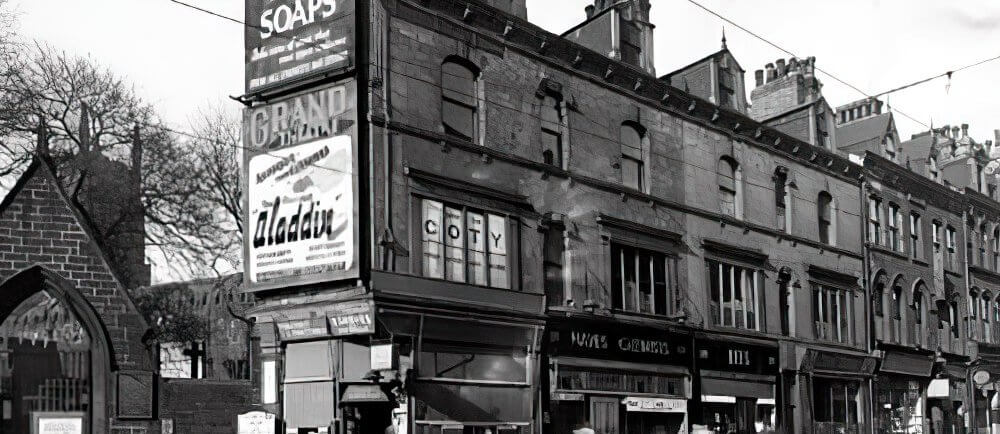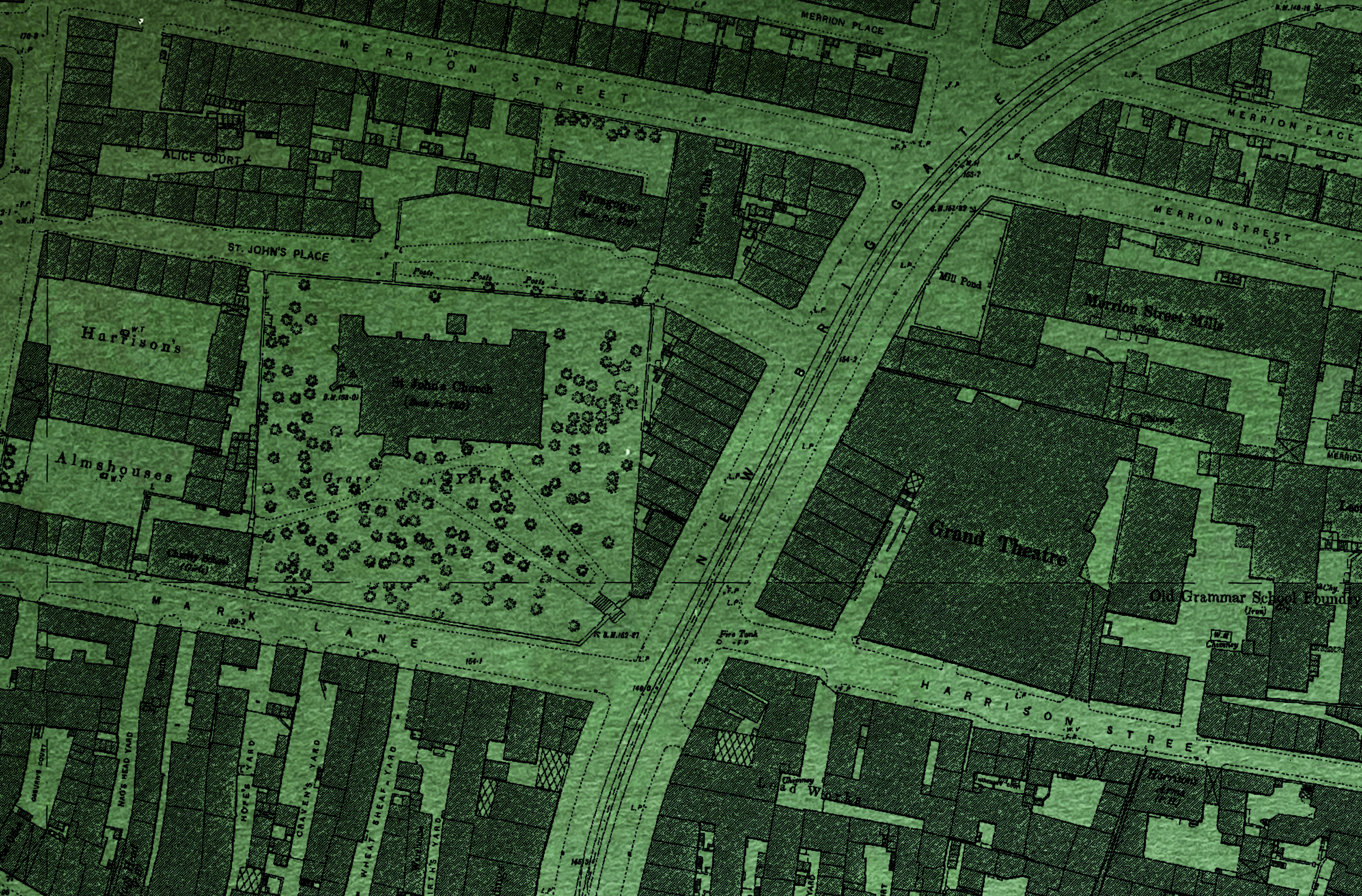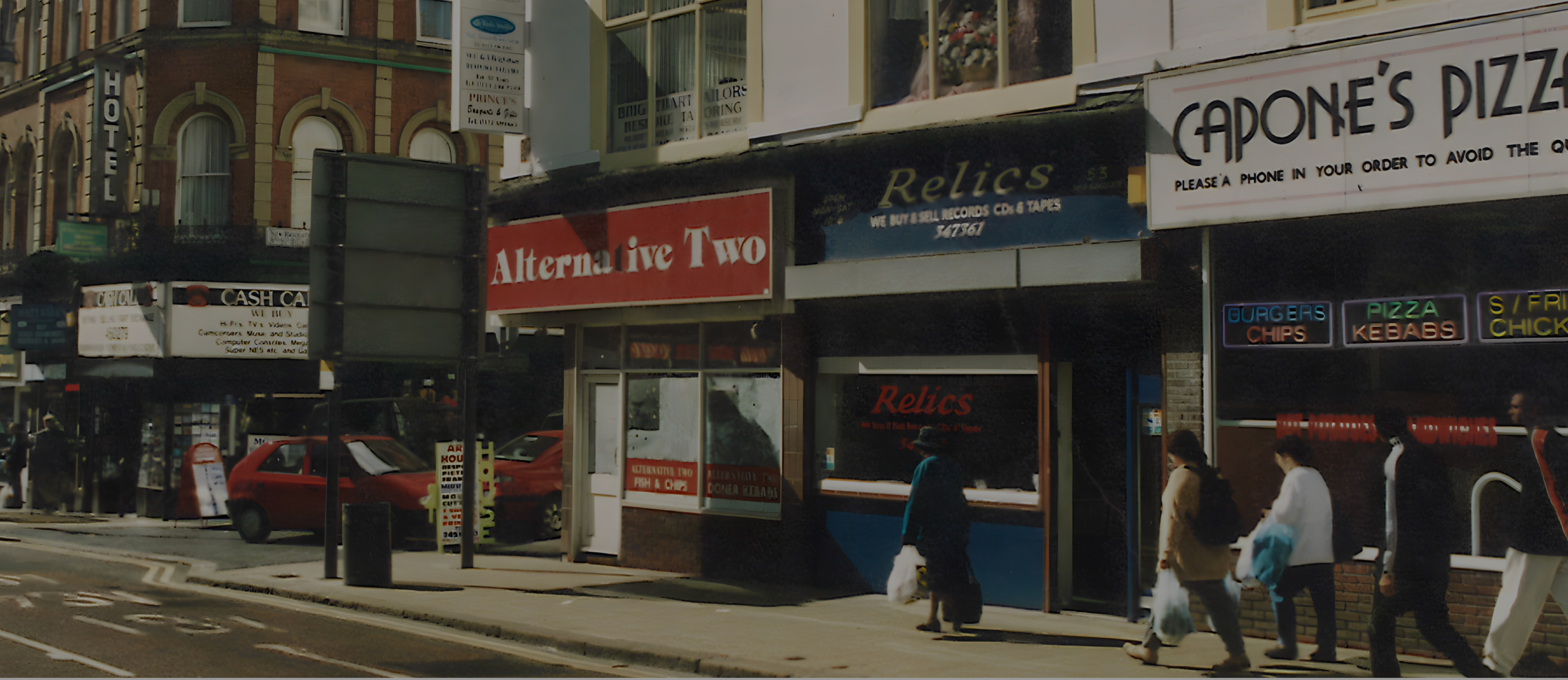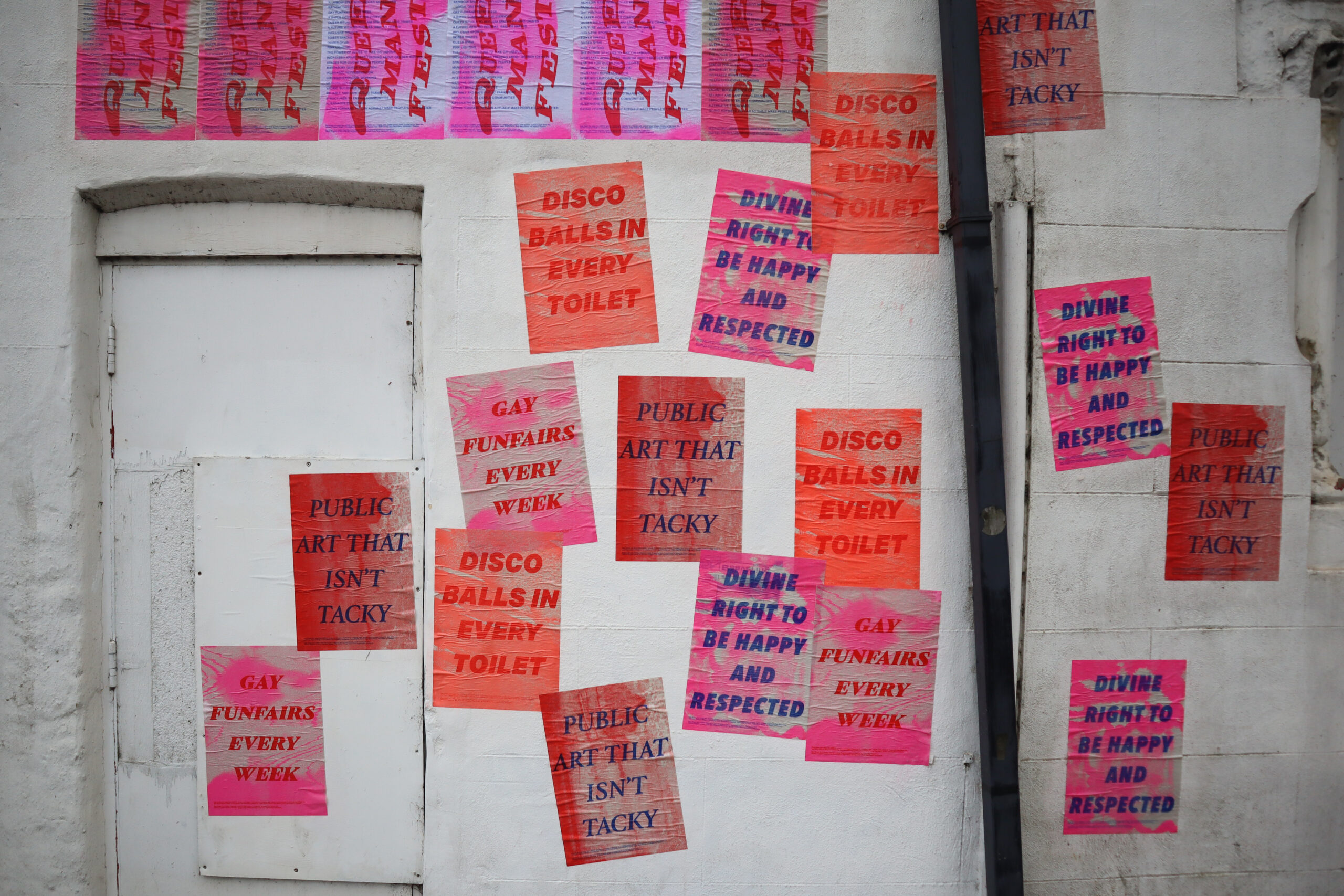Exciting plans have been announced for a major programme of cultural events and activities.
Exciting plans have been announced for a major programme of cultural events and activities inspired by a much-loved part of Leeds city centre.
Three years of creativity and collaboration designed to celebrate the past, present and future of New Briggate are getting underway this month following a successful application for support from Historic England.
Leeds City Council previously secured £1.3m of funding from Historic England’s High Streets Heritage Action Zone (HSHAZ) initiative for regeneration-focused improvements to buildings and public space along New Briggate.
Now the New Briggate Cultural Consortium – which is led by Leeds-based East Street Arts and includes the council – has been awarded a further £119,774 for a complimentary programme of culture that will showcase the area’s rich and diverse story with the help of specially-commissioned artists and a wide-ranging process of community engagement.
Pop-up events, exhibitions and installations will be held on New Briggate during the ‘delivery’ phase of the Leeds scheme in 2023, with the exact plans due to be shaped by research and engagement work that will take place with local communities over the next two years.
Sounds, pictures, moving images and, most crucially, people’s personal memories will all have a role to play in shining a fresh creative light on the street, part of the Grand Quarter Conservation Area and home to landmark buildings such as Leeds Grand Theatre, St John’s Church and the Grand Arcade.
The work in Leeds is part of the country-wide HSHAZ Cultural Programme, which is being led by Historic England in partnership with Arts Council England and the National Lottery Heritage Fund with the aim of making high streets more attractive, engaging and vibrant places.
Councillor Jonathan Pryor, Leeds City Council’s executive member for learning, skills and employment, said: “We are firm believers in the importance of our high streets as places that bring people together, giving them a real feeling of pride in their community.
The council has also worked for many years to put culture at the heart of life in Leeds, having recognised its ability to challenge and inspire at the same time as supporting economic growth and regeneration in a way that is sustainable and inclusive.
It’s particularly exciting, therefore, to hear about a scheme that will use the power of culture to celebrate the heritage of one of our own high streets. We look forward to seeing the various plans and ideas taking shape in the months and years to come.”
The funding award follows the success of a pilot project which explored the relationship between New Briggate and Leeds’s famed Burmantofts Pottery.
A total of 117 participants from Shakespeare Primary School, Burmantofts Senior Action and the MAFWA theatre group worked alongside Kremena Dimitrova and Rosie Todd – independent artists commissioned by the New Briggate consortium – on the pilot, which culminated in the creation of an illustrated storybook and a 99-piece clay tile game, soon to go on display at Shakespeare Primary. All participants will be invited to see it and will also receive a copy of the book to which they contributed.
The main Leeds cultural programme will continue this spirit of cooperation and inclusion by engaging with residents in nearby neighbourhoods such as Little London, Chapeltown, Woodhouse and Lincoln Green as well as the theatre-goers, drinkers and shoppers most commonly associated with New Briggate.
Helen Moore, programme and engagement lead at East Street Arts, said: “We are very pleased to have the opportunity to take the lead with the New Briggate Cultural Consortium. Following the success of the pilot project, we are excited at the prospect of three years of community-based, co-creative activity and the ability to work on a project that puts the people of Leeds at the heart of this story.
“These events and activities will enable the local community surrounding New Briggate to investigate the high street’s past and engage with future developments.”
The New Briggate Cultural Consortium comprises East Street Arts, Leeds City Council, Leeds Heritage Theatres, Opera North, Age UK, North Bar & Brewery, Leeds Civic Trust and the Churches Conservation Trust, with each member contributing widely-acknowledged expertise in their own field and a passionate belief in the potential and personality of the high street.
Duncan Wilson, chief executive of Historic England, said: “The high street cultural programme is a step-change in the way we think about bringing high streets back from the brink. As we start to see these important historic spaces become regenerated through building work, it is the community-led cultural work that helps people to enjoy their high street again and also have a say in what the future of their high street might be.”
Culture Minister Caroline Dinenage MP said: “High streets are often the heart of our communities and should be places we all want to engage with and enjoy. These grants will help transform high streets into thriving cultural hubs, encouraging us to embrace all the joys our town centres have to offer.”
Physical improvements to New Briggate were set in motion by the £1.3m awarded to Leeds in 2019 – plus match funding from the council – including repairs to historic buildings and finding fresh uses for empty floor space.
As with the cultural programme, community engagement is a key element of the improvement project, with people from different backgrounds getting the chance to influence its development, design and delivery while also learning new skills relating to heritage, planning and regeneration.
Notes to editors: The £7.4m Cultural Programme is part of the £95m High Streets Heritage Action Zone initiative, which is currently working across more than 60 English high streets. It is funded with £40m from the Department for Digital, Culture, Media and Sport’s Heritage High Street Fund, £52m from the Ministry of Housing, Communities and Local Government’s Future High Streets Fund and a further £3m from the National Lottery Heritage Fund.
Cultural activity funded by the local grants scheme will take place over the next three years, in tandem with national commissions organised by Historic England. For the national commissions, artists will work with communities and co-produce artworks inspired by England’s changing high streets. Together, the local grants scheme and the national commissions make up the Cultural Programme.



